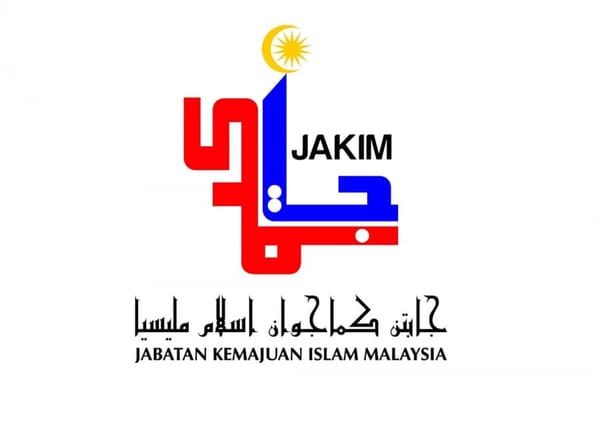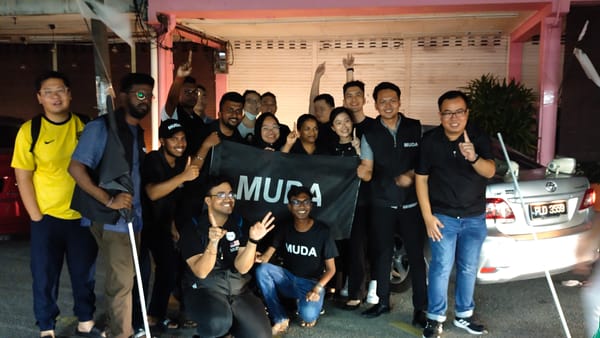Pang defies the odds by retaining Kuala Kubu Baharu for PH

Pakatan Harapan candidate Pang Sock Tao of DAP has finally won the Kuala Kubu Baharu by-election, thus helping her party retain the seat it has represented for the past 11 years.
She received 14,000 votes, while Perikatan Nasional candidate Khairul Azhari Saut received 10,131 votes, followed by independent Nyau Ke Xin (188) and Parti Rakyat Malaysia (PRM) Hafizah Zainuddin (152). Voter turnout was low at 61.51% (or 24,703 out of 40,226 registered voters having turned out to vote).
For PN, P. Ramasamy’s Urimai party and some political pundits out there, this election result must have been (slightly) surprising and disappointing, given the odds that were stacked against Pang. After all, 50% of the constituents here are Malays, which has made this seat more vulnerable for DAP given the fact that a majority of them are now backing PN. It was expected that this seat could flip to PN by a small margin.
On the other hand, Indian voters are increasingly angry with Pakatan Harapan and Prime Minister Anwar Ibrahim. In addition, Malaysians in general are angry with the ever-increasing costs of living and the slow pace of reforms undertaken by the Madani government. There appear to be tensions between Umno and Pakatan Harapan due to the brouhahas caused by the “discount” given to Najib Razak's sentencing and Umno’s toxic capitalisation of the KK-Mart fiasco.
By right, these conditions should have concocted the perfect recipe for the PN’s victory here in Kuala Kubu Baharu, but it didn’t. The non-Malays of Kuala Kubu Baharu, particularly the Chinese, have once shown their disgust at PN’s racist campaigning (see PAS’s Ahmad Fadhli Shaari’s mockery of Pang’s Chinese vernacular education) and soundly rejected Khairul in the polls.
Therefore, it is right to say that Pang has defied the numerous odds stacked against her by retaining the seat, with a slim-yet-comfortable majority of 3,869 votes. Good for her.
Anwar can relax, for now
As for Anwar, he can now breathe a sigh of relief knowing that the non-Malay voters are still backing him despite their anger towards him for reneging on reform pledges, perceived inaction on the declining ringgit value and his administration’s pandering to the Malay Muslim conservatives at the expense of the non-Malays and non-Muslims.
The by-election results showed that the non-Malays still distrust PN, and would still back PH despite their dissatisfaction with the latter. Therefore PH (being a senior partner in the unity government) and Anwar himself, should stop taking these voters for granted and begin to deliver more for the country if they want to retain non-Malay support come GE16 and beyond.
Stop pandering to Malay conservatives in policymaking, since they will never back PH. Commit towards alleviating the socio-economic woes of the Malaysian Indians. Implement the much-promised institutional reforms. And most importantly, fix the economy.
Do all these things, and PH can survive the coming elections with the non-Malay votes, and the liberal, moderate Malays.
Delivering for KKB’s “kingmaker” Indians
As for Pang, she also needs to play her part in ensuring that she can retain the seat in the coming elections. Despite winning the seat, the voter turnout for this by-election was abysmally low: which can be attributed to a lack of enthusiasm among voters there. Voters here did not return to their hometowns to vote, while some sat out the polls.
It was also reported that some of the Indian voters, who were the kingmakers in this election, did not turn out to vote, with SJKT Ladang Kerling polling centre, which has 1,235 registered voters (the majority of whom are from the Indian community) having witnessed little voter turnout at the peak voting hours.
Pang needs to start making amends for whatever mistakes her predecessor Lee Kee Hiong might have made with her handling of the issues plaguing the Indian community there, and begin rectifying them if she wants to continue getting their “blessings”.
The Indians here have given Pang a “political lifeline” with their “kingmaking powers”, therefore she should not take the community’s support for granted just simply because the Chinese are still firmly backing her party.
PH’s seats becoming more challenging, vulnerable
In conclusion, the Kuala Kubu Baharu by-election results, while predictable for some, further prove that more of PH's traditional seats are becoming more vulnerable due to the increase in the number of Malay voters (due to automatic voter registration and Undi18), and PN’s increased monopoly over this voter base.
While PN lost this by-election, it is an indisputable fact that the PAS-dominant coalition gave tough competition to PH, and the latter can expect itself to face ever tougher competition in Kuala Kubu Baharu come the next elections. The same can be said about seats in other states like Kedah, Perak, Penang and even Selangor, where PH have lost both federal and state seats to PN or retained with smaller majorities if compared to the 2022 and 2018 general elections.
At this moment, PH’s leadership needs to devise ways to win the hearts and minds of voters with progressive, class-based policymaking that could provide a win-win solution for Malays and non-Malays alike, as race and religious-based policymaking did not bode well for the coalition as conservatives still backed PN, as witnessed in the results of the August 2023 state elections.
The targeted subsidy move announced by the Madani government is a step in the right direction in introducing class-based policymaking, as reforming the country’s subsidy regime would deliver more benefits for the poor and lower-middle-income Malaysians. But the government needs to do better in preaching the benefits of this subsidy reform to the voters out there, as many out there are left in the dark on how targeted subsidy can benefit them.
The coalition should improve its messaging (or propaganda) strategies on online space as it is fast losing the space to PN, without restoring to online censorship and abusing draconian laws (which it should have repealed by now). PH-controlled state governments would need to do away with projects that could become political liabilities for them (like the PJD Link highway project proposed in Selangor) or tweaking existing projects to make them more palatable to the voters.
PH’s elected representatives would need to publish monthly reports on what they have accomplished for their constituents so that the latter would be informed of their successes, and in return, vote to retain them.
A lot needs to be done to win the voters but PH, unfortunately, does not have the luxury of time, as it has only three and a half years left before the GE16. Therefore, the coalition needs to think fast and smart about how to save itself from falling victim to the political onslaught brought forward by PN from now onwards.
-END-
Note to readers:




